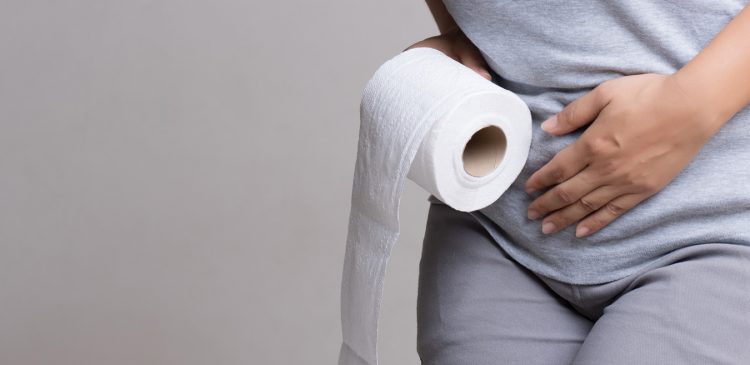Physical Therapy for Incontinence

Female incontinence is more common than you might think; it has been found to affect approximately 45% of adult women at some point in their life. Unfortunately, because incontinence often isn’t spoken about in mainstream media, people don’t know that physical therapy is a proven and effective way of helping you improve your bladder and/or bowel control. Not only is taking care of any incontinence issues as early as possible beneficial, but better pelvic health is linked to an improved quality of life overall.
Incontinence is characterized by an involuntary loss of urine from the bladder or feces from the bowels; it can be anything from a slight leak to a complete loss of bladder or bowel control. Although incontinence affects both women and men, due to pregnancy and the menopause women are more likely to experience it. However, women may experience incontinence at any age for any number of reasons, including pelvic organ prolapse, body weight, and certain health conditions.
An experienced practitioner, such as a women’s health specialist, can help diagnose what type of incontinence you are experiencing. Weak pelvic floor muscles are the main cause of urinary incontinence; however, you may be experiencing stress incontinence which can occur when you play sports or sneeze, or urge incontinence where the muscles around the bladder are overactive. A women’s health specialist will develop a program with you to help improve bladder and/or bowel control. This will include exercises, mainly focused on strengthening the pelvic floor muscles and other muscle groups that support the pelvis, and manual adjustments if required.
Sylvie Le, who works at our Warwick clinic, is not only a physical therapist who specializes in women’s health but a yoga therapist too. She has a unique, holistic and personalized approach when supporting women with incontinence, and any other issues affecting pelvic health.
